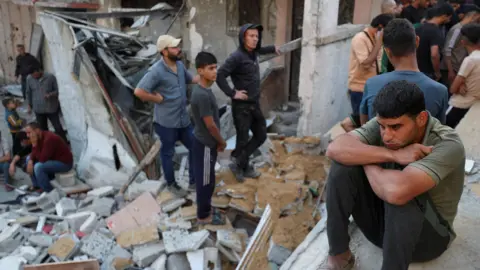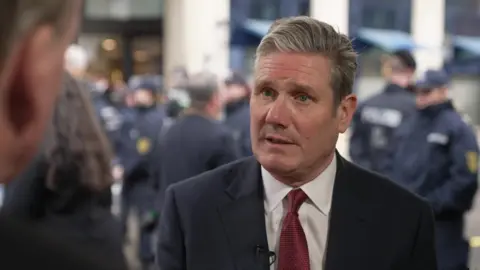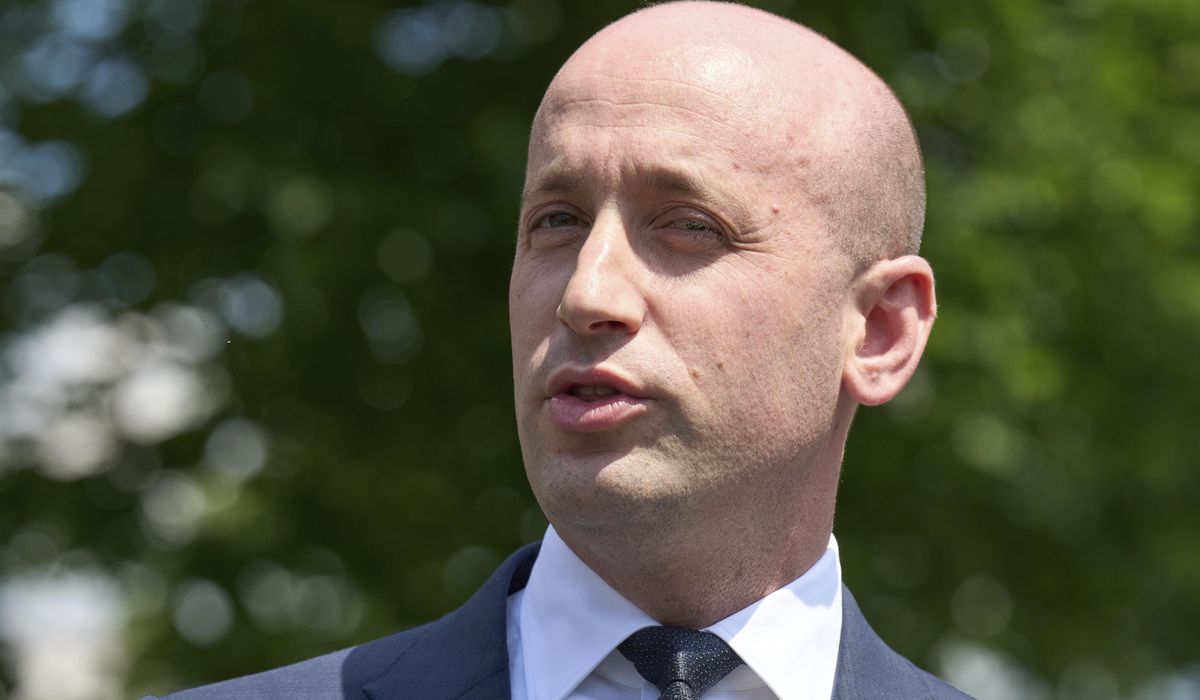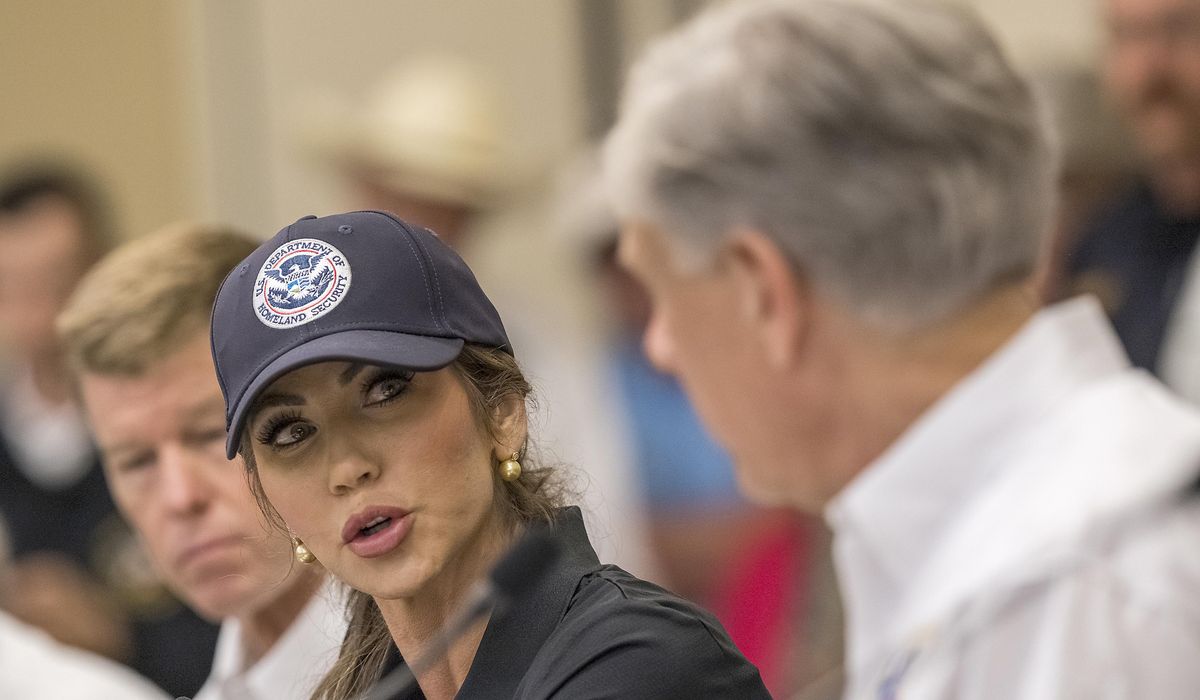ARTICLE AD BOX
Paul Adams
BBC diplomatic correspondent

 Reuters
Reuters
A headline in Israel's liberal daily Ha'aretz this week put it starkly: "Diplomatic tsunami nears," it warned, "as Europe begins to act against Israel's 'complete madness' in Gaza."
This week's diplomatic assault has taken many forms, not all of them foreseen.
From concerted international condemnation of Israel's actions in Gaza, to the shocking murder of two young Israeli embassy staff members in Washington, this has been, to put it mildly, a tumultuous week for the Jewish state.
The waves started crashing on Israel's shores on Monday evening, when Britain, France and Canada issued a joint statement condemning its "egregious" actions in Gaza.
All three warned of the possibility of "further concrete actions" if Israel continued its renewed military offensive and failed to lift restrictions on humanitarian aid.
They also threatened "targeted sanctions" in response to Israel's settlement activity in the occupied West Bank.
A statement from 24 donor nations followed, condemning a new, Israeli-backed aid delivery model for Gaza.
But that was just the start.
On Tuesday, Britain suspended trade talks with Israel and said a 2023 road map for future cooperation was being reviewed.
A fresh round of sanctions was imposed on Jewish settlers, including Daniela Weiss, a prominent figure who featured in Louis Theroux's recent documentary, The Settlers.
Israel's ambassador in London, Tzipi Hotovely, was summoned to the Foreign Office, a move generally reserved for the representatives of countries like Russia and Iran.
To make matters worse for Israel, the EU's foreign policy chief Kaja Kallas said a "strong majority" of the bloc's members favoured reviewing the 25-year-old Association Agreement with Israel.
'Enough is enough'
The reasons for this flurry of diplomatic condemnation seemed clear enough.
Evidence that Gaza was closer to mass starvation than at any time since the war began, following Hamas's attack in October 2023, was sending ripples of horror across the world.
Israel's military offensive, and the rhetoric surrounding it, suggested that conditions in the stricken territory were about to deteriorate once more.
Addressing MPs on Tuesday, UK Foreign Secretary David Lammy singled out the words of Israel's hardline Finance Minister Bezalel Smotrich, who had spoken of "cleansing" Gaza, "destroying what's left" and relocating the civilian population to third countries.
"We must call this what it is," Lammy said. "It's extremism. It is dangerous. It is repellent. It is monstrous. And I condemn it in the strongest possible terms."
Smotrich is not a decision-maker when it comes to conduct of the war in Gaza. Before now, his incendiary remarks might have been set to one side.
But those days appear to be over. Rightly or wrongly, Israel's Prime Minister Benjamin Netanyahu is seen as in thrall to his far-right colleagues. Critics accuse him of relentlessly pursuing a war, without regard for the lives of Palestinian civilians or the remaining Israeli hostages still being held in Gaza.
Countries that have long supported Israel's right to defend itself are beginning to say "enough is enough."
This week was clearly a significant moment for Britain's Prime Minister Sir Keir Starmer, a staunch defender of Israel (he once said "I support Zionism without qualification") who faced strong criticism from within the Labour Party for his reluctance last year to call for a ceasefire in Gaza.
On Tuesday, Sir Keir said the suffering of innocent children in Gaza was "utterly intolerable".
In the face of this unusually concerted action from some of his country's strongest allies, Netanyahu reacted furiously, suggesting Britain, France and Canada were guilty of supporting Hamas.
"When mass murderers, rapists, baby killers and kidnappers thank you, you're on the wrong side of justice," he posted on X.
"You're on the wrong side of humanity and you're on the wrong side of history."


Keir Starmer said that children's suffering in Gaza was "utterly intolerable"
Israel's Foreign Minister Gideon Sa'ar went further, suggesting there was a "direct line" between Israel's critics, including Starmer, and Wednesday night's killing of Yaron Lischinsky and Sarah Lynn Milgrim, the two Israeli embassy employees gunned down outside the Jewish Museum in Washington.
But despite the outpourings of sympathy following the shooting, the Israeli government seems increasingly isolated, with western allies and prominent members of the Jewish diaspora all voicing anger – and anguish – over the war in Gaza.
Lord Levy, former Middle East envoy and advisor to Tony Blair, said he endorsed the current government's criticisms, even suggesting they might have come "a little late".
"There has to be a stand, not just from us in this country but internationally, against what is going on in Gaza," he told BBC Radio 4's The World at One, describing himself as "a very proud Jew…who passionately cares for Israel".
But silent, throughout all this, is the one man who could, if he wanted, stop the war.
At the end of his recent tour of the Gulf, Donald Trump said "a lot of people are starving".
White House officials indicated the US president was frustrated with the war and wanted the Israeli government to "wrap it up".
But while other western leaders release expressions of outrage, Trump is saying almost nothing.

 1 month ago
83
1 month ago
83








 English (US) ·
English (US) ·